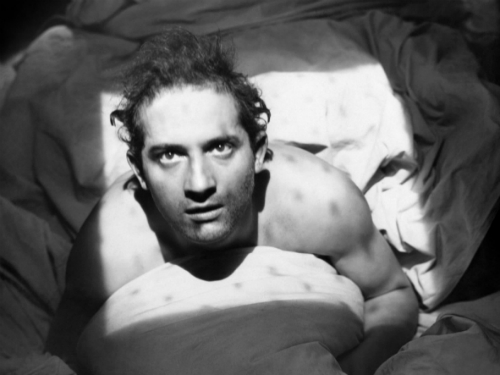
Newly married couple Juliette and a ship captain Jean struggle through marriage as they travel on the L’Atalante along with the captain's first mate Le père Jules and a cabin boy.
« Le cinéma muet fut un diamant d’abord brut, puis poli et taillé. Le cinéma sonore doit fondre deux ordres de matériaux, l’image et le son, comme le fait l’art du vitrail ou celui de la céramique. Mais seul Vigo a réussi cette fusion parfaite : son cinéma est aussi homogène que du muet. »
Henri Langlois
“What my favorite film is? Well, one comes to mind recently because it was just shown. It’s L’Atalante by Jean Vigo. It is a film I marvel at. You wonder, how could someone construct a film like that, with that vision? I find it is very difficult just to conceive of something like that. That’s one reason why I like it, and secondly, because it works on all levels and it is just very cinematic, just poetry.”
Charles Burnett1
“I’m not concerned today with revealing what social cinema is, no more than I am in strangling it with a formula. Rather, I’m trying to arouse your latent need to more often see good films – filmmakers, please excuse me for the pleonasm – dealing with society and its relationships with individuals and things.
Because, you see, the cinema suffers more from flawed thinking than from a total absence of thought.
At the cinema we treat our minds with a refinement that the Chinese usually reserve for their feet.
On the pretext that the cinema was born yesterday, we speak babytalk, like a daddy who babbles to his darling so that his little babe-in-arms can better understand him.”
Jean Vigo2
- 1Robert E. Kapsis, ed., Charles Burnett. Interviews (Jackson: University Press of Mississippi, 2011).
- 2Jean Vigo, “Toward a Social Cinema,” Sabzian, 2015 [original French text from 1934 translated by Stuart Lieberman]

